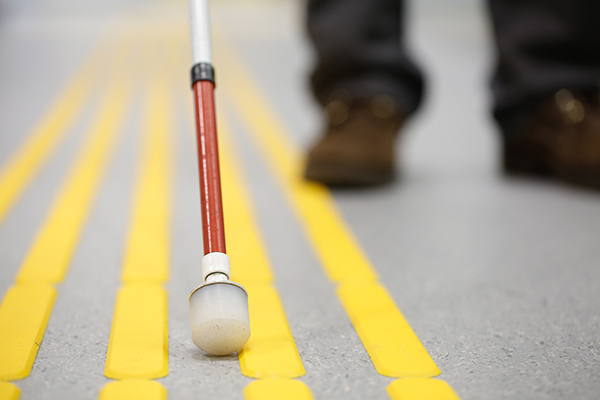Latest News Archive
Please select Category, Year, and then Month to display items
08 November 2024
|
Story Jacky Tshokwe
|
Photo Supplied
 The Kingdom Vision Foundation (KVF) management team took part in the annual Social Impact Innovation Awards organised by the SAB Foundation.
The Kingdom Vision Foundation (KVF) management team took part in the annual Social Impact Innovation Awards organised by the SAB Foundation.
In September, the Kingdom Vision Foundation (KVF) management team took part in the annual Social Impact Innovation Awards, organised by the SAB Foundation. This competition included a three-day workshop, during which participants received mentorship on enhancing their business models to maximise sustainable impact. Participants also crafted a four-minute business pitch, which they delivered to a panel of independent judges from sectors such as business, health, education, and government. At the end of the workshop, winners were chosen based on the impact of their innovation, the strength of their business model, and the likelihood of future success.
On 10 October, the management team attended the Innovation Awards Ceremony, where KVF was honoured with the Development Award worth R700 000. In addition to the grant, KVF will participate in a 15-month business coaching and mentorship programme in 2025, through which the SAB Foundation’s coaching team will support them in expanding and scaling their impact across South Africa.
The funding will enhance both the Kovsie Health and Anchor of Hope eye clinics, which are collaborating with the University of the Free State (UFS) Department of Optometry to provide affordable eye care to thousands of students and community members. The project aims to improve the quality of education for Optometry students, helping them experience the positive change they can drive through social impact. KVF’s vision includes a future at Kovsie Health where every student’s visual needs are met, regardless of financial constraints, and a thriving Anchor of Hope clinic that brings the gift of sight and renewed hope to rural communities around Bloemfontein.
Tactile paving assists visually impaired
2017-10-28

Tactile paving is being installed at pedestrian crossings to assist
visually-impaired persons at the UFS.
Photo: Supplied
Crossing roads and accessing buildings has always been a challenge for people with visual impairments. They had to rely on peripheral sounds, such as car brakes and cues. However, after the installation of tactile paving – paving with special textures assisting the visually impaired to feel the difference between walking around on campus and crossing the road, this will no longer be a problem at the University of the Free State (UFS).
This is one of several developments that University Estates’ Department of Facilities Planning has in the pipeline for 2017 in order to ensure that the university attains its key component in providing a high-quality student experience.
Maureen Khati, Assistant Director of Project Management: Facilities Planning, says, “We saw the need to install these paving blocks in strategic spaces, as identified by the Center for Universal Access and Disability Support (CUADS).” She says these blocks will make it easier for people with visual impairments.
Special features designed to aid visually-impaired persons
These installations have special features that will assist those students and employees with limited vision or blindness to navigate through pedestrian crossings and the different campus buildings. The university chose a unique design of tactile paving that focuses on warning and directing those with visual impairments.
UFS eager to improve accessibility and mobility
The university, and all the stakeholders involved in this initiative, are delighted to be embarking on this project and are looking forward to its successful execution. To improve accessibility and mobility, more accessible entrances and exits will be built, effective signage will be installed inside and outside buildings, but the most important aspect is that dedicated seating space will be made available in lecture rooms for special-needs students.
Khati says, “More focus has been put on installing ramps in all buildings to make them more accessible for people with disabilities, as well as other needs required to enhance accessibility at the UFS.”
For the UFS, this initiative is one of many to come, as extensive research is being done and priorities are implemented accordingly.